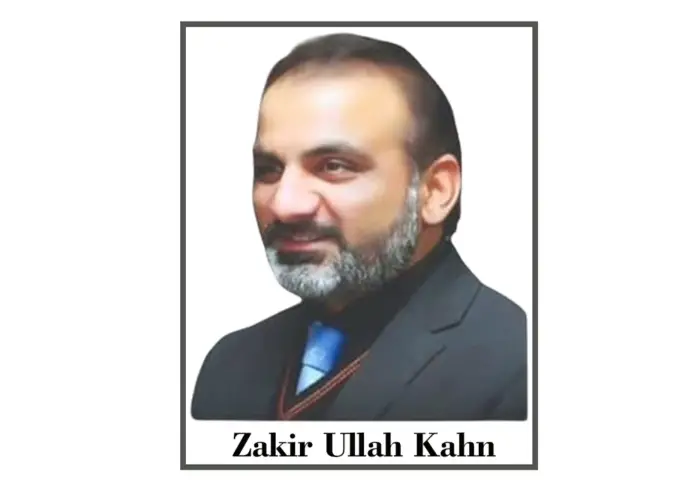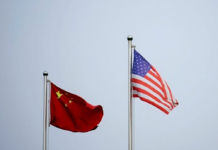In today’s world, social media has become an integral part of our lives. From connecting with friends and family to staying updated with the latest news, its influence is undeniable. However, while social media promises to bring people closer together, it often has the opposite effect, making us more unsocial than ever before. According to recent data, over 3.6 billion people worldwide use social media platforms regularly. With the convenience of smartphones and the internet, accessing these platforms has become easier than ever. From Facebook to Instagram, Twitter to Snapchat, the options seem endless.
Despite its name, social media can lead to feelings of loneliness and isolation. Studies have shown that excessive use of social media can result in decreased face-to-face interactions, leading to a decline in social skills and meaningful relationships. Instead of engaging in real-life conversations, people often find themselves glued to their screens, scrolling through endless feeds. Social media has also become a battleground for political discourse. While it provides a platform for voices to be heard, it has also led to the spread of misinformation and polarization. Echo chambers form, where individuals are only exposed to opinions that align with their own, further dividing society.
In education, social media presents both opportunities and challenges. While it can be a valuable tool for learning and collaboration, it also serves as a major distraction. Students often find themselves spending more time on social media than studying, impacting their academic performance. The anonymity of social media allows people to hide behind screens and say things they wouldn’t dare say in person. Cyberbullying has become a prevalent issue, leading to psychological harm and even tragic consequences. Moreover, the constant comparison fostered by social media can take a toll on individuals’ self-esteem and mental well-being. Research indicates that individuals who spend excessive time on social media are twice as likely to experience feelings of loneliness. Engaging in social media tends to replace genuine face-to-face interactions, as the more time someone spends online, the less time they have for real-life socializing.
From a financial perspective, social media has revolutionized marketing and advertising. However, it has also given rise to cybercrime, including identity theft, phishing scams, and fraud. Moreover, the pressure to present a perfect image online has led to overspending and financial insecurity for many individuals.
While the negative impacts of social media are evident, there are ways to use it more positively and intelligently:
Set boundaries for yourself and prioritize real-life interactions over virtual ones. Allocate specific times for social media usage and stick to them.
Unfollow accounts that make you feel inadequate or unhappy. Surround yourself with content that inspires and uplifts you.
Instead of mindlessly scrolling, actively engage with content that interests you. Leave thoughtful comments and participate in constructive discussions.
Think twice before posting. Consider the potential consequences of your words and actions online, and strive to contribute positively to the digital community.
Seek Balance: Balance is key. While social media can be a valuable tool for communication and connection, it should not dominate your life. Make time for offline activities and nurture real-world relationships.
Bringing about positive change through social media platforms for the holistic growth of a nation like Pakistan involves strategic planning and execution. Here are some steps and strategies that can be employed:
Understand the key issues that need to be addressed for the holistic growth of Pakistan. These could include education, healthcare, poverty alleviation, infrastructure development, etc.
Develop engaging content that highlights success stories, initiatives, and positive developments in these areas. Use a variety of formats such as videos, infographics, and written posts to cater to different audiences.
Collaborate with politicians, academicians, NGOs, and other stakeholders to amplify the message and reach a wider audience. Encourage them to share the content on their own social media platforms to increase visibility.
Use social media platforms to educate the public about important issues and potential solutions. This could include sharing research findings, expert opinions, and practical tips for individuals to contribute to the nation’s growth.
Foster a culture of dialogue and participation by encouraging followers to share their thoughts, ideas, and experiences related to nation-building. Create polls, surveys, and discussion threads to actively engage with the audience.
Highlight the cultural heritage, diversity, and achievements of Pakistan and its people to promote a positive brand image internationally. Showcase success stories of Pakistanis making a difference on a global scale.
Collaborate with influencers and celebrities with a large social media following to endorse and promote initiatives aimed at holistic growth. Their endorsement can significantly increase the reach and impact of your message.
Continuously monitor the performance of your social media campaigns using analytics tools to track engagement, reach, and sentiment. Use this data to refine your strategies and optimize future campaigns for better results.
Maintain authenticity and transparency in your communication. Avoid misinformation and propaganda; always fact-check information before sharing it on social media.
Empower citizens to take action and contribute to the nation’s growth by providing them with resources, tools, and opportunities to make a difference in their communities.
By implementing these strategies effectively, social media can serve as a powerful tool for bringing about positive change and promoting the holistic growth of Pakistan, while also enhancing its brand image on the global stage.
While social media has undoubtedly transformed the way we communicate and interact, its overuse can lead to adverse effects on our social, political, educational, moral, economic, and crime rates. By using social media mindfully and responsibly, we can harness its potential for positive change and foster a more connected and empathetic society.






